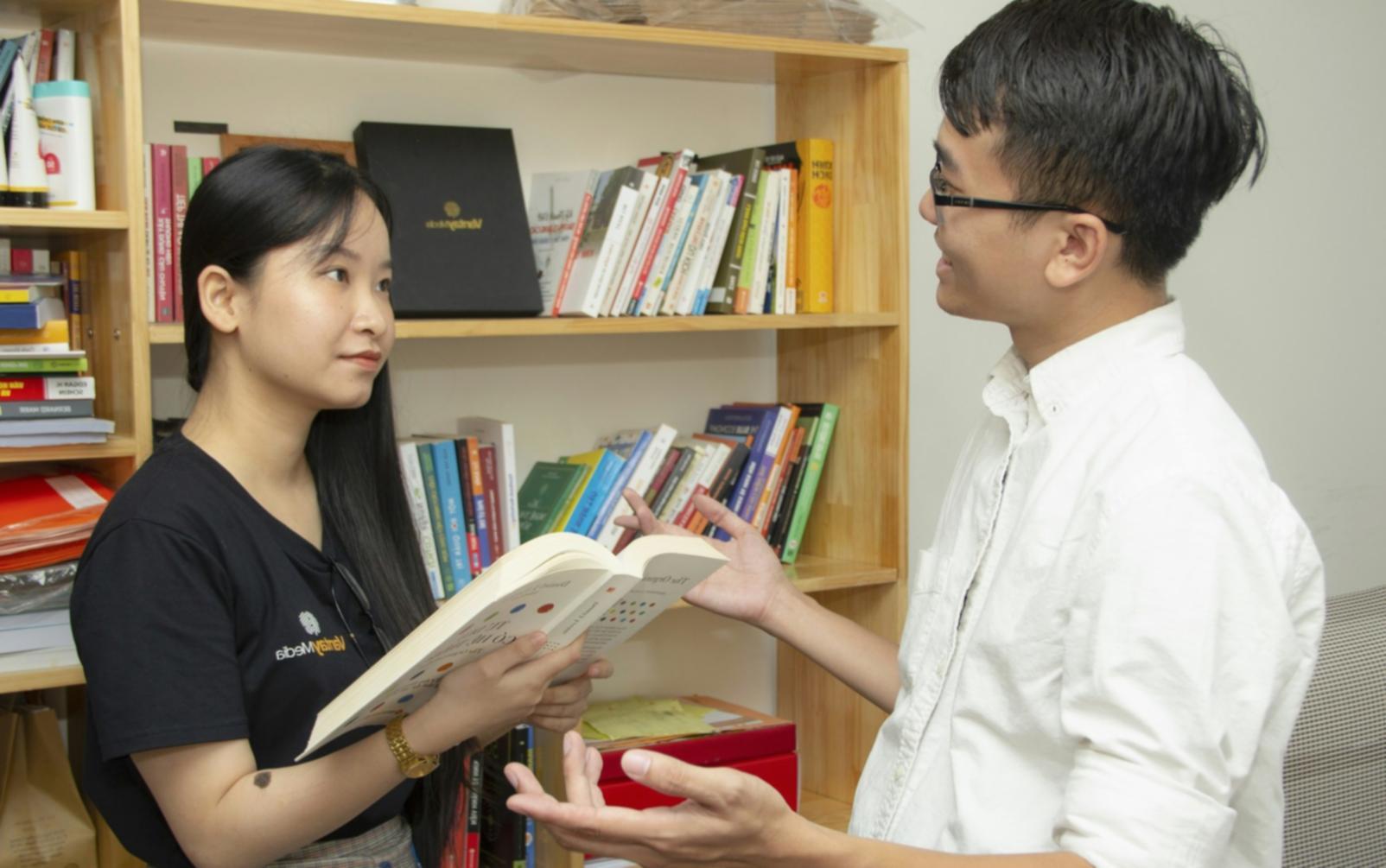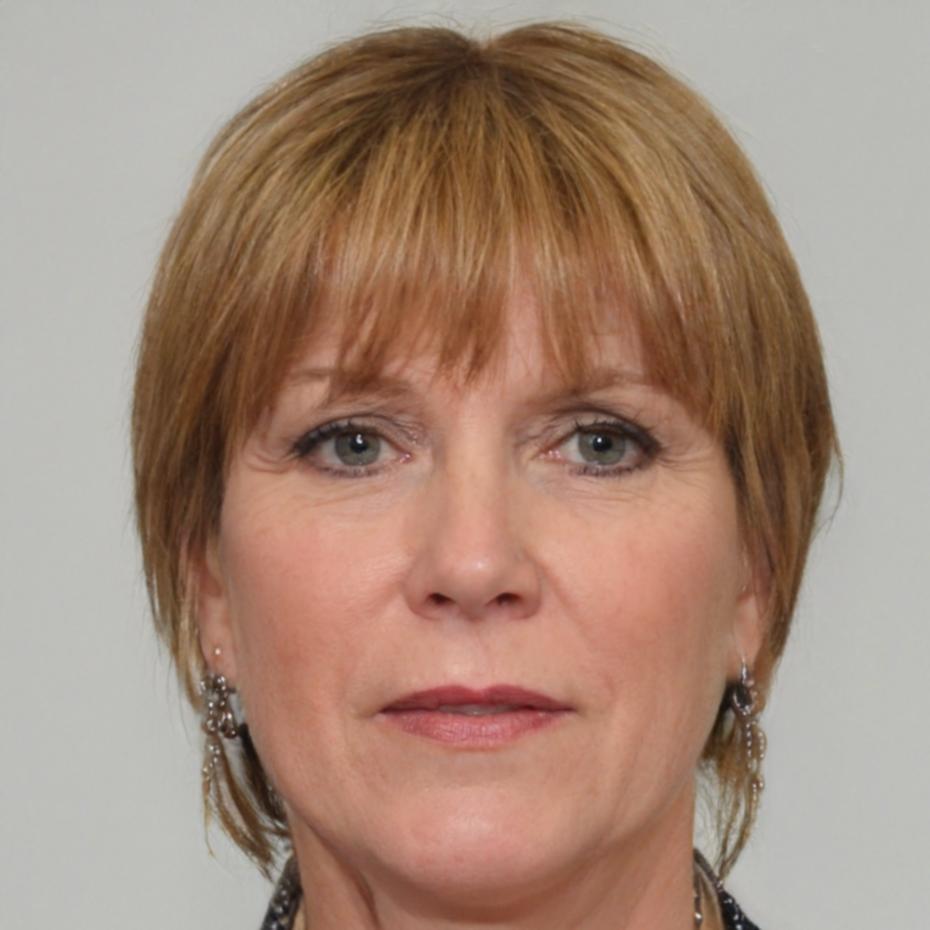18 Months After Completing The Program
Priya finished our program in February 2024. She was struggling
with her budget during first year, often running out of money
before her next transfer from home arrived. The tracking process
helped her realize she was spending about 0 monthly on food
delivery—way more than she thought.
By mid-2024, she'd adjusted her spending habits and started
cooking more with roommates. Not perfect, but better. She also
picked up weekend shifts at a campus café that fit around her
engineering coursework.
Progress Over Time
March 2024
Started meal planning
with two roommates, reduced food delivery by 60%
July 2024
Built up a 0 emergency
fund over four months
November 2024
Managed semester break
trip home without borrowing from parents
February 2025
Now helping other
students with basic budgeting tips, still uses tracking
spreadsheet weekly



